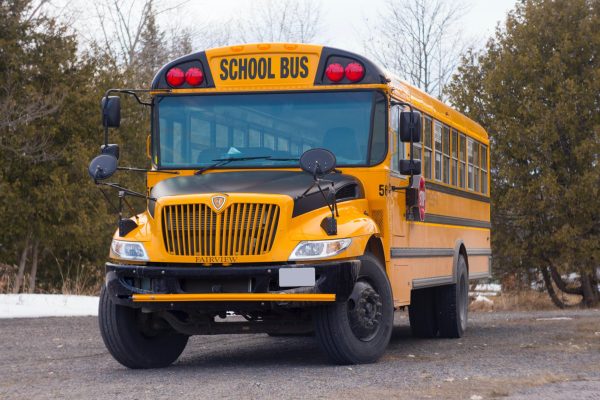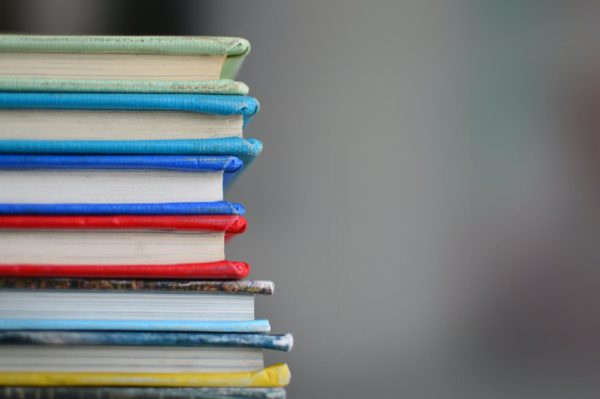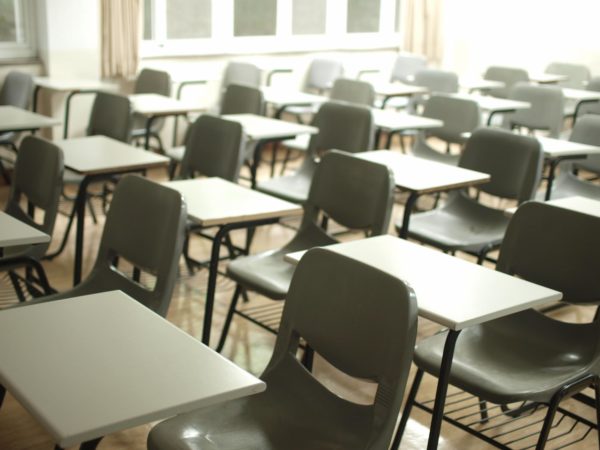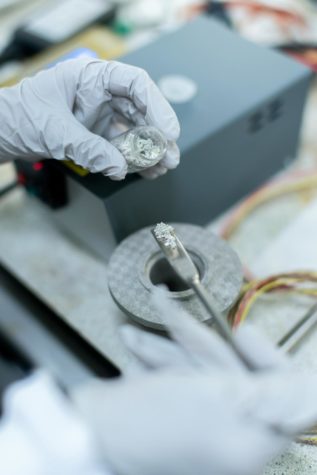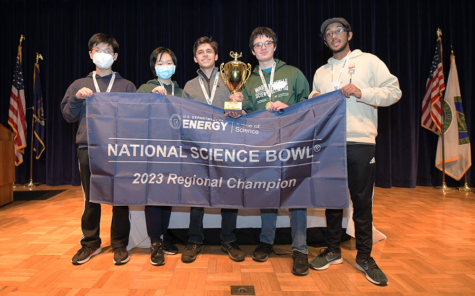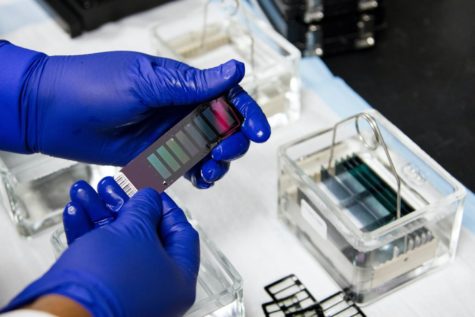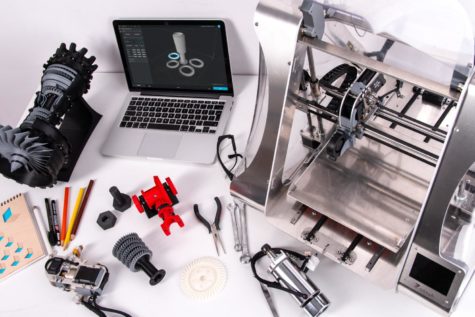Distant Yet Intimate — JUNE PRINT ISSUE
Ward Melville’s Global Ambassadors
May 26, 2017
“I envision a Ward Melville where students are more aware of what’s going on around them and care deeply about what happens not only in this country, but in the rest of the world as well,” said Chase Small, current Ward Melville senior and future Stanford alumni. Along with co-founder and fellow senior Julia Colletti, Small was able to take this idea and make it into a reality by pioneering a Global Ambassadors club at the high school.
After nearly a year of waiting for approval from what Small refers to as “the bureaucracy”, they were able to establish this club not only as a meaningful connection to students in Syria, but also as an approachable outreach to students in the district who take English as a second language (ESL). “As a new kid myself, it was hard enough for me to find my way” described Chase, who moved into the district before his junior year, “so I couldn’t even imagine how difficult it must be for kids from different countries to integrate into the system.”
In response to the current refugee crisis in Syria and the inappropriate rise of xenophobic attitudes, Ward Melville’s Global Ambassadors is able to individually connect students with a partner school in Turkey (the ‘Ataa school for Syrian refugees) to engage in discussions ranging from educational to deeply personal. The club was established with a direct connection to an outside organization called “Paper Airplanes”; a tutoring service in the English language made accessible to Syrian refugees over Skype, as part of their own vision to make education a reality for citizens affected by conflict. “I had this discussion with a student and she was talking about Instagram and Snapchat and it was a bit unexpected for me because I didn’t think she would be able to connect to social media in that way. And then the next week she was telling me about how some members of her family were killed in an airstrike in Aleppo. The diversity of her experiences really opened my eyes,” described Small, emotionally hesitant, who became involved with the organization last summer. And it is this same sentiment that the Global Ambassadors are able to pursue a bond with students that is global and internal, distant yet remarkably intimate.
It isn’t enough to simply notice a problem exists; we must attempt to solve it. The magnitude of the disaster and how America should respond to it has not only been the subject of major political affairs, but also the subject of certain courses at the high school. Sitting tall at the chess table in the center of the library, Small argues that “now more than ever, we need to make our efforts personal”. Sending money to foundations helping refugees is one thing, but talking to their faces yourself is a whole new level of support: one of genuine acknowledgement. It’s important to remember that these refugees, these students, are children just like us. The efforts on behalf of Julia and Chase, and their new following of future ambassadors, have proved to students that there is something we ALL can do to make a difference.


